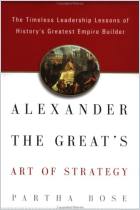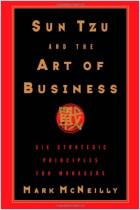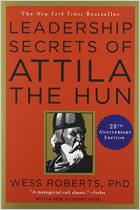
Recommendation
This short summary extracts some of the most interesting incidents from the life of Alexander the Great and makes them accessible. It offers some great anecdotes - though the narratives about captives being raped or killed, and archers shooting out the eyes of elephants may put off some readers. Author Lance B. Kurke does a great service to anyone who likes a good yarn, but who doesn’t like wading through dense books. By casting the career of the mighty Macedonian as a compendium of management lessons, Kurke even makes it possible for people to justify reading sagas about a classical hero at the office. At times, the author must reach in order to draw an appropriate management lesson out of Alexander crossing a river or killing his best friend. In fact, a few of the management lessons are rather obvious, while others seem shallow or downright puzzling. But that is a minor protest. On the whole, the author succeeds in his purpose. While this book won’t displace Peter Drucker on the manager’s bookshelf, getAbstract.com recommends it for reading on the treadmill or exercise bike, or as a pleasant diversion during a short plane ride or a solitary lunch.
Summary
About the Author
Lance B. Kurke, Ph.D., is president of Kurke and Associates, Inc. He is an associate professor of management at Duquesne University’s John F. Donahue Graduate School of Business, where he chairs the Leadership and Change Management division. He also serves as an adjunct professor at the J. John Heinz III School of Public Policy and Management at Carnegie Mellon University. He lives in Pittsburgh, Pennsylvania.















Comment on this summary